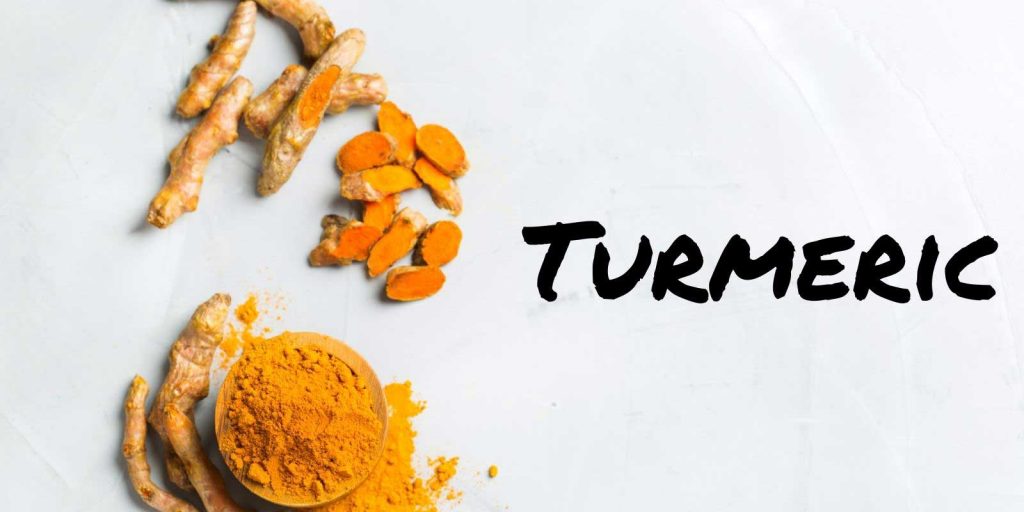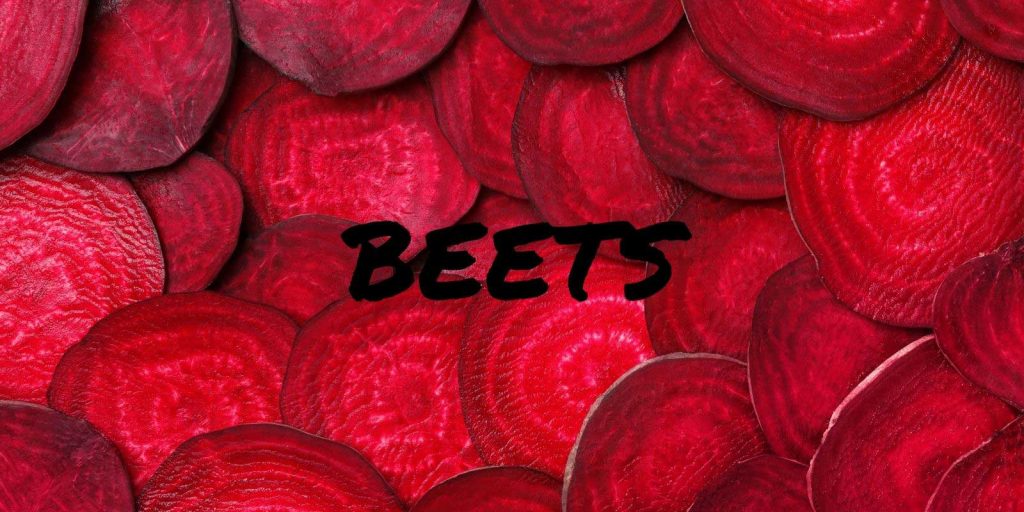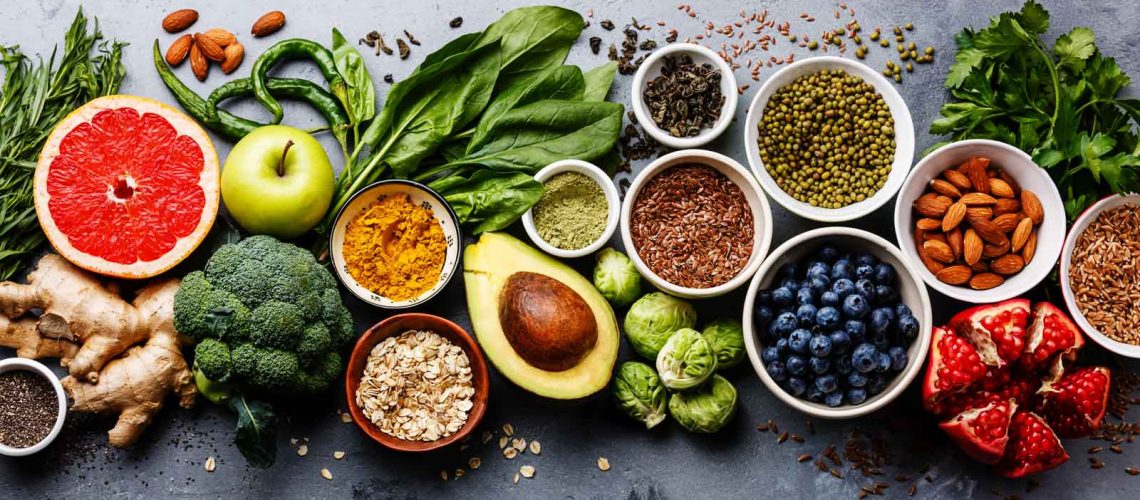I get hit daily with this question, especially as my athletes get deeper into their seasons, and the desire to feel good every day is high.
Here is what I recommend my athletes add to their routines to promote recovery through nutrition.

Omega-3 Rich Salmon
Salmon contains omega-3 fatty acids, specifically EPA and DHA. These omega-3s help protect and maintain cell integrity, and may help prevent muscle soreness and damage.
Aim to get at least 2 servings of salmon or oily fish such as tuna, mackerel, or sardines per week.
If fish is not your jam, consider supplementing. Our Athlete’s Guide to Omega-3 Supplementation can help you choose the best omega-3 supplement for you.

Dark Leafy Greens
Leafy greens such as spinach, kale, and arugula are packed with nutrients and are just absolute nutrition powerhouses. Spinach contains vitamin A, vitamin K, calcium, magnesium, and phytonutrients such as lutein and zeaxanthin. From relieving oxidative stress to optimizing muscle function to supporting vision, dark leafy greens are a must.
Aim to get at least one serving of dark leafy greens per day.

Tart Cherry Juice
This is a popular one. Tart or Montmorency cherries are high in the antioxidant anthocyanins. These antioxidants may prevent delayed onset muscle soreness (DOMS) as well as alleviate joint pain.
Try incorporating one to two 8 oz. servings of 100% tart or Montmorency cherries post-training or at least one hour before bed.

Turmeric
Turmeric is a spice that contains curcumin. Curcumin is the main active ingredient in turmeric associated with reduced joint pain and inflammation-related symptoms. To get the beneficial dose, turmeric extract in supplementation form is recommended. Because the active compound in turmeric is poorly absorbed, combining turmeric with black pepper extract, which contains piperine, or fat can improve absorption.

Watermelon
Watermelon contains L-citrulline, which plays a role in cleaning up the byproduct or waste from anaerobic and aerobic exercise. This function of watermelon can help with reducing muscle soreness.

Beets
Beets contain nitrates that convert into nitric oxide in the body. Nitric oxide controls blood flow. Increasing nitric oxide production can dilate or expand blood vessels. This may increase blood flow and delivery of oxygen and nutrients to working muscles and the removal of byproducts or waste to enhance recovery.
